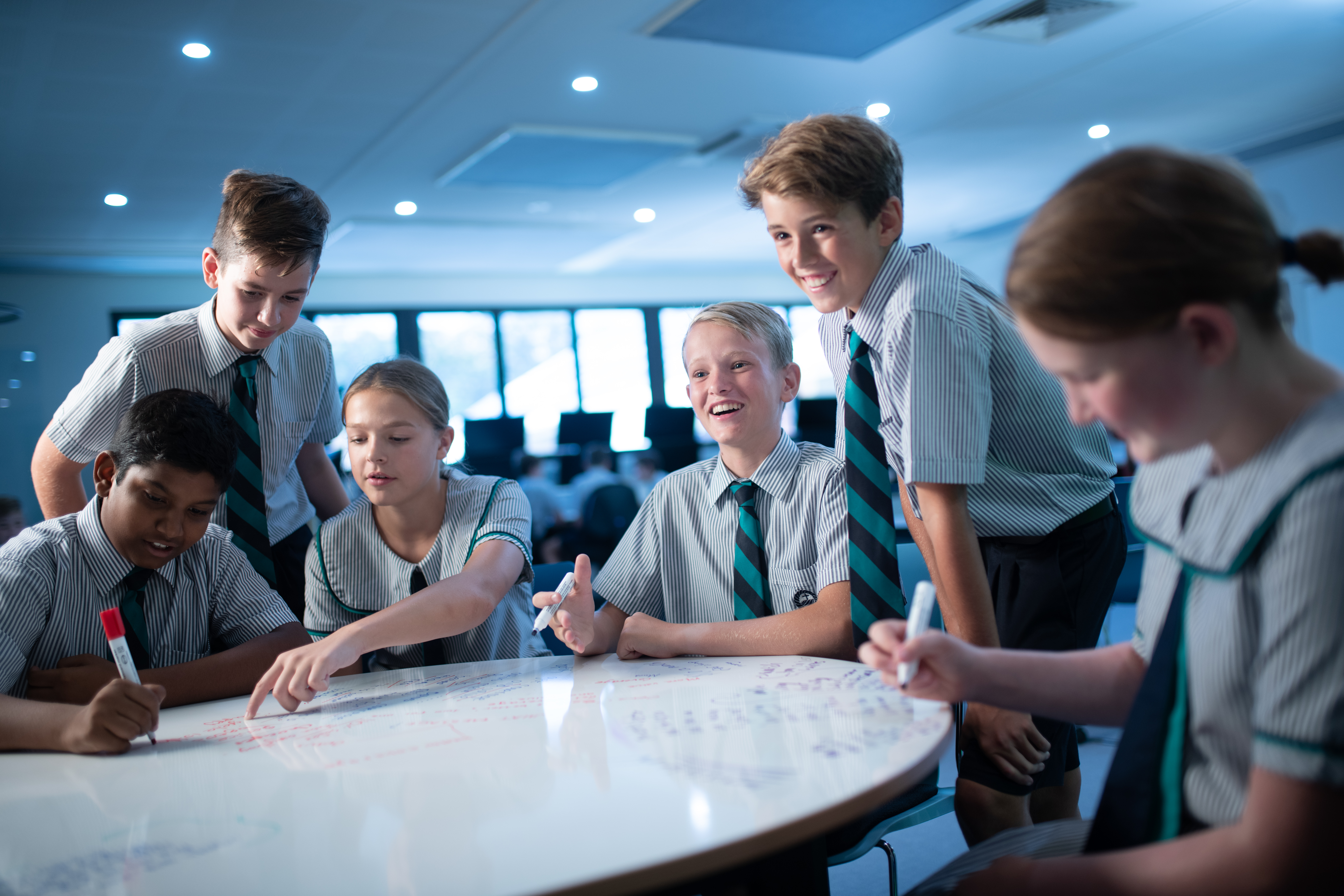It was the wise Atticus Finch who once famously told his daughter Scout in Harper Lee’s masterpiece To Kill A Mockingbird that you never really understand someone “until you walk a mile in their shoes”. If you replace “shoes” with cyber space and “walk” with exist, you are probably on the right track to understanding being a young person in a world that calls them to have both an online and offline persona.
Just recently I attended the 2019 National Future Schools Conference in Melbourne where I was fortunate enough to participate in many interesting and thought-provoking sessions involving the role of technology in education today and its role into the future. It is clear that there will be a myriad of change in education over the next decade; some changes have been a while in the pipeline, while others are still not much more than a thought bubble at his stage. I was particularly struck by the significance of where humanity meets technology, and how what we teach our children about being good global citizens will be more important than anything we teach them inside the classroom about the dangers of technology misuse.
The prevailing mindset of presenters was not about restricting technology use in classrooms and in homes but rather adopting a “rights-based approach” which enables provision, protection and participation. In summary, children have the right to be protected from harm in cyberspace, but also to thrive within it.
The essence of this position rests in the morality that sits behind the decisions our young people make. If we do our jobs as parents and educators, our children will draw on moral teachings and make sound choices online. Producing an empathetic global citizen who assists and collaborates with others, while also showing a willingness to enter into dialogue that expands their perspective seems to be the end game for learners of the future.
We know that the possibilities that exist for students today are infinite and that learning can occur in spaces we once never imagined. The skills required tomorrow include critical and creative thinking, collaborating and communicating. It is, however, also comforting to know that old fashioned manners will be what helps our kids to take each and every opportunity that they are presented with in both the real and digital worlds.
Skye Wallden | Acting Head of Middle School

